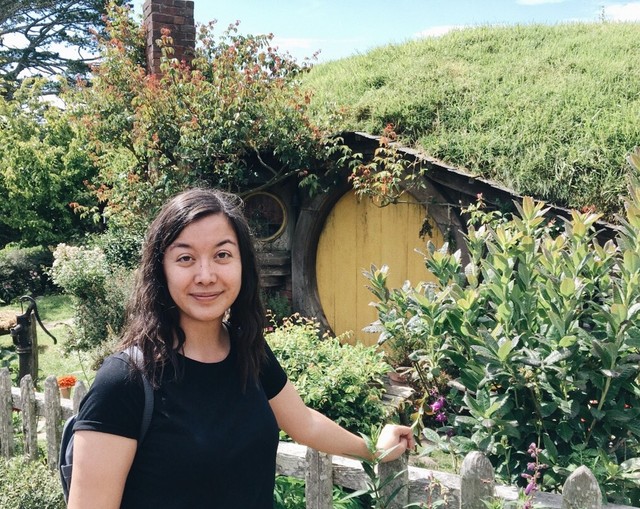In 2016, I wrote the following blog post for my history blog, The Small Histories. I was thinking about it again recently and wanted to share it here as well – book lovers will appreciate it! Also, I had to actually laugh out loud when I read “I’m not a worldbuilding sort of writer” – Oh if only the me of 2016 knew that worldbuilding would be ALL she’d do just two years later!
June 27, 2016: I was about 13 years old the first time I read the Lord of the Rings books. I was captivated by the story, but more than that, I was captivated by the fictional world it occupied. And when I discovered the Silmarillion – packed with the world’s history and lore – I was hopelessly hooked.
I’ve written before about the finality of history, how it can be comforting to study something you cannot influence at all. But I also find the history and lore of fictional worlds just as comforting – maybe even more so, as our own world is well out of it, not affected. Almost like a video game, it’s an immersive experience that’s almost consequence-free.
Lately, I’ve been enjoying YouTube videos created by people analyzing book and video game histories, answering questions and searching the source material for answers. Here are some examples.
VaatiVidya sharing some beautifully-presented Bloodborne video game lore:
Rawrist exploring Game of Thrones history (*Spoilers*):
Game of Thrones again; this time Preston Jacobs using history to examine book theories. (*Spoilers*):
I’m not a worldbuilding sort of writer, and maybe that’s why I’m fascinated by fictional histories. Maybe I’m drawn to the sort of concentration and focus that’s necessary to be a worldbuilder. I know I don’t feel like I have those skills in abundance most of the time.
Also, there’s this idea that the manmade is somehow inferior to the organic, too perfect, too considered. But one thing I love about the history and lore of fictional worlds is that it’s often imperfect. In these videos, sometimes there are unanswered questions or loose ends, theories that may only lead to other theories. I like that too. It’s somehow satisfying to know that a history created by people potentially with charts and lists and beta readers at their disposal can be as messy and open to chance as real history.

I think what I love most about this is what you pointed out at the outset–how you said you weren’t the worldbuilding sort of writer (in spite of your respect for worldbuilding and your interest), and now you are. How sweet is that.
Also love the concept of the finality of history–I think I’ll be simmering on that for a while.
Ha, I know! How quickly my writing self changed! :) I’m glad you enjoyed the post. The finality of history is something that gives me a strange sort of comfort quite often.